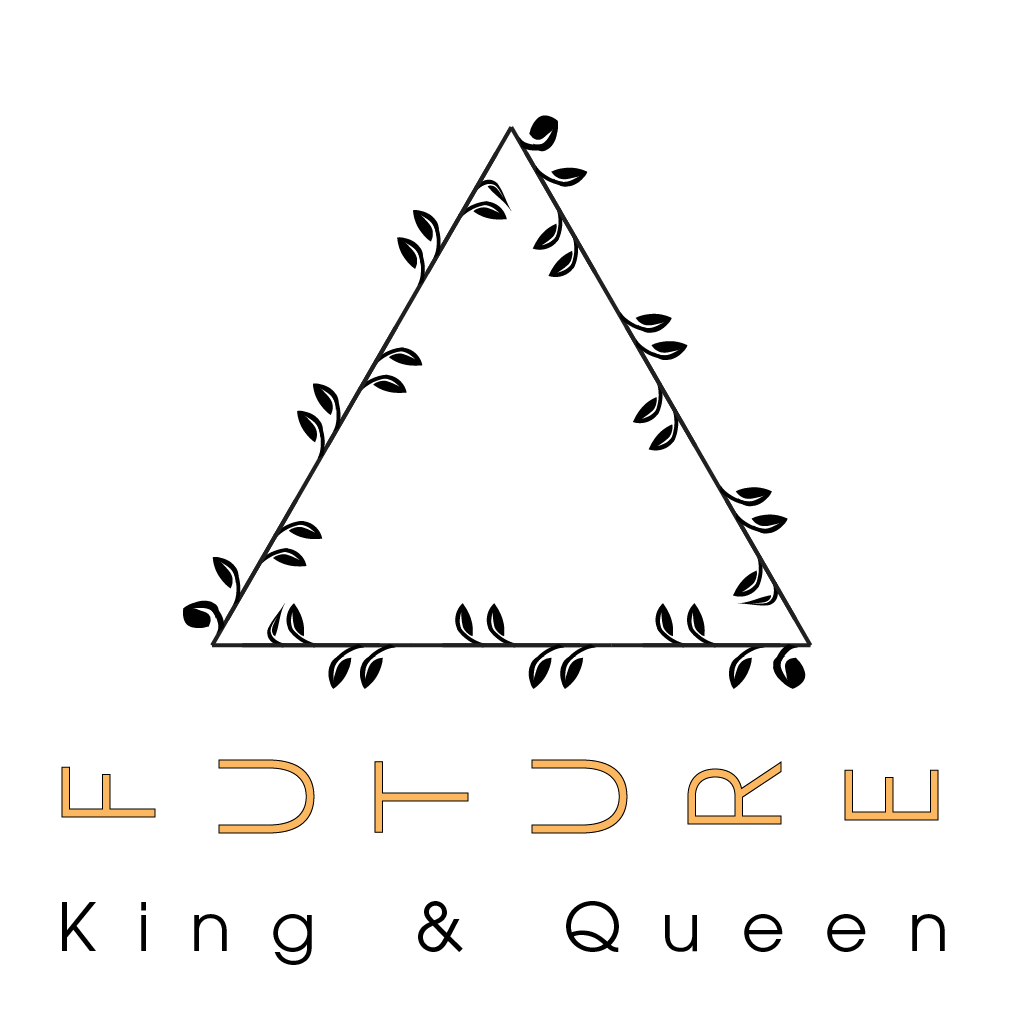Ethical Living : Weekly Thoughts
Discovering that birds have complex emotional intelligence may not come as a surprise to anybody who has spent close-up time with a cheeky cockatoo, but it's good to know that science is beginning to acknowledge that birds' behaviour indicates quite advanced emotional development.
This week, we discovered a beautiful organic tea brand that is locally made and were intrigued to read that it may have been the Neanderthal's diet of meat which lead to their demise.
Read on for all the details....
Laughs, cries and deception: birds’ emotional lives are just as complicated as ours
"Science has traditionally shunned the idea of emotions in animals, not just for fear of anthropomorphism or over-interpretation, but also because there is a very long cultural history that played out a divide between mind and body and reason and emotions.
"Reason, thinking and making judgements were stubbornly thought to be outside the capacity of animals. For a long time it was not believed that animals were even capable of feeling pain, let alone complex emotions. We now know that is far from the truth.
Birds with feelings
"Pet owners have always known that their pets can be affectionate, sulky, jealous, sad, excited and deliberately naughty, as well as doing extraordinary things for their owners. The animals we know best in this regard are obviously dogs and cats.
Charles Darwin was the first to discuss emotions in animals in the mid-19th century. A century later, Niko Tinbergen addressed the vexing question of emotions.
"But there is a lot more to bird emotions. Dangerous and horrible experiences are usually remembered. Memory helps survival. Modern urban birds have been shown to remember faces of people considered dangerous and threatening.
"We now know that the bird brain is lateralised (each side of the brain controls a different set of functions) as in humans and other vertebrates. The right hemisphere expresses intense emotions (such as fear and attack). The left hemisphere has routine, considered responses and may inhibit some of the strong responses of the right hemisphere.
"So birds are more similar to humans than had ever been thought, but with an important difference: birds are generally not aggressive without cause. Technically, aggression is an emotion that is dysfunctional, has no purpose and often even harms the individual displaying it.
"Birds can certainly get very angry – and the owner of a galah or corella would be well advised not to get near this bird when the head feathers are raised — but birds can be joyful and playful, can get depressed and, as studies have shown, a neglectful or bare environment can even make them pessimistic.
"Birds may feel for others (have empathy) and even console them, may have a sense of justice, may show deep affection for their partner and grieve for their loss. I witnessed the mate of a fatally injured tawny frogmouth not moving from the spot next to its dead partner for three days, and then dying on the fourth.
Did Neanderthal's diet
cause their demise?
Modern human's veggie food choices may have given them the evolutionary edge.
"The paleo-diet may be all the rage at the moment, but the original version favoured by Neanderthals may have contributed to their demise 40,000 years ago.
"When fluctuating climates in the Ice Age changed habitats, Neanderthals plumped for resources that were most widely available, according to a new study.
"By comparison, modern humans living in the Palaeolithic period instead stuck to a predominantly plant-based diet no matter what the environment they were in."
Love Tea?
So do we, and this week we discovered a beautiful, ethical tea brand that makes us keep putting on the kettle...
Discovered by Henrietta in a local organic grocer, this loose leaf tea by Love Tea is more than just pretty packaging. We're loving both the ethics and the flavour of this locally blended tea. Tea flavours range from herbal to traditional, and the organic leaves & flowers have been sourced from Fair Trade partners with an emphasis on supporting small producers.
Blended by a naturopath, the combinations focus on types of wellness (pregnancy, cognitive, immunity and so on), as well as more traditional blends like French Earl Grey, Darjeeling & Ceylon Breakfast.
Packaging is made from biodegradable materials, and the company is a member of 1% For the Planet, which involves donating 1% of their anuual net revenues to a range of environmental organisations around the globe.
Now, is it too soon to put the kettle on again? Nah, there's always time for tea!
“Come, let us have some tea
and continue to talk about
happy things.”





